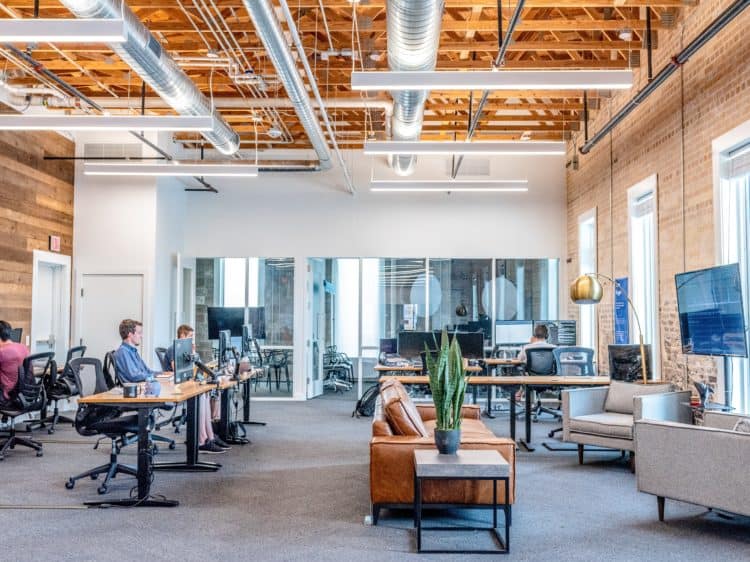While converting empty “ghost offices” into 24/7, healthy, co-working spaces will present organisations with added costs, it might be an important first step in a mitigation plan that allows organisations to recoup some of their losses during a partial, phased or full reopening during and after the pandemic, Gartner said recently.
The conversion effort will allow employees who do not want to work remotely or who lack a good work environment at home to benefit from revamped offices, Gartner noted.
In addition, opening such facilities to remote workers from outside of the organisation can present additional revenue opportunities, helping to recoup losses, the research firm advised.
Organizations can offer empty office spaces to co-working vendors, pitching them as smart and sustainable, healthy office spaces that can be managed with technologies and tools, said Rashmi Choudhary, principal research analyst at Gartner.
“After creating healthy co-working spaces out of the loss-bearing corporate real estate, remote workers with difficult work environments can use these office spaces,” Choudhary noted. “Booking co-working spaces whenever required through resource scheduling applications will become a convenience.”
While some companies might not consider the option of opening office spaces to outsiders, employees returning to offices when lockdown eases will have heightened concerns about personal health and safety.
“Offices that have been turned into smart, wellness-equipped spaces make employees feel safer,” said Gavin Tay, research vice president at Gartner.
How to create 24/7 wellness monitored, safe office spaces
To build a wellness-monitored office, application leaders can start by initiating the use of integrated workplace management systems (IWMS) solutions that see to the health and safety of employees, the research firm pointed out.
IWMS and resource scheduling applications (RSAs) that use AI and the Internet of Things (IoT), including motion sensors and beacons, can remind employees to adhere to social distancing rules based on their whereabouts, the company noted.
Companies might also want to consider contact tracing and the use of virtual personal assistants (VPAs) as wellness coaches, Gartner added.
Organizations should not only augment existing hygiene policies with thermal imaging systems but also invest in systems that monitor air quality in real time and keep employees informed, the firm advised.
In addition, features that provide the ability to continuously disinfect, improving air quality by reducing airborne and surface contaminants like viruses, bacteria, germs, volatile organic compounds, smoke, and other allergens will be important, the firm added.
Ultimately, cleaner air allows for improved recycling of air, which will contribute to energy-saving benefits as well as make the workplace healthier, according to Gartner.
Strategies that focus on facilities modernisation, more agile work environments and the value of employee experience will shape demands in smart workspace technologies, Gartner estimated.


